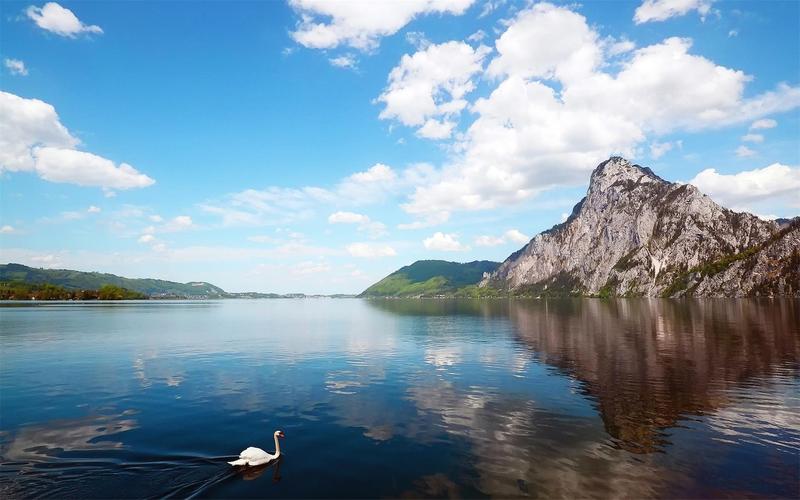Exploring World Heritage Sites in 360: A Virtual Journey Through the World’s Cultural Treasures
The Rise of Virtual Tourism
With the recent advancements in technology, virtual reality has become an increasingly popular avenue for exploring the world’s cultural treasures. This allows people from all walks of life to experience the wonders of UNESCO’s World Heritage Sites from the comfort of their own homes. Virtual tours allow for immersive experiences that provide a level of detail that is not possible through traditional means such as photographs or videos.
Benefits of Virtual Tourism
Virtual tourism provides a number of benefits that are not available through traditional travel. Firstly, it is more affordable than physical travel, as there are no costs associated with flights, accommodations, or transportation. Secondly, it provides access to places that might otherwise be difficult or impossible to visit, due to distance, cost, or disabilities. Finally, it allows for a more in-depth exploration of a location without the constraints of time or crowds.
Top World Heritage Sites to Explore Virtually
With over 1,100 World Heritage Sites across the globe, there are countless opportunities for virtual exploration. Here are just a few of the top sites to check out:
The Great Wall of China
This ancient wonder stretches over 13,000 miles and can be explored virtually from various angles. Visitors can get up close to the watchtowers, climb up to the ramparts, and even explore the underbelly of the wall.
Machu Picchu
Located in the Andes Mountains of Peru, this ancient Incan city was abandoned in the 16th century and rediscovered in 1911. With virtual tours, visitors can explore the ruins, see the intricate stonework, and learn about the history of the site.
The Taj Mahal
This iconic mausoleum in India is known for its stunning marble architecture and beautiful gardens. Through virtual tours, visitors can explore the interior of the building, see the intricate details of the marble carvings, and learn about the history behind the building.
Conclusion
Virtual tourism provides a unique opportunity to explore the world’s cultural treasures in ways that were previously impossible. It allows for a more in-depth exploration of a location while providing access to places that might otherwise be difficult or impossible to visit. With virtual tours of World Heritage Sites, anyone can experience the wonder and beauty of these incredible locations.
(Note: Do you have knowledge or insights to share? Unlock new opportunities and expand your reach by joining our authors team. Click Registration to join us and share your expertise with our readers.)
Speech tips:
Please note that any statements involving politics will not be approved.
